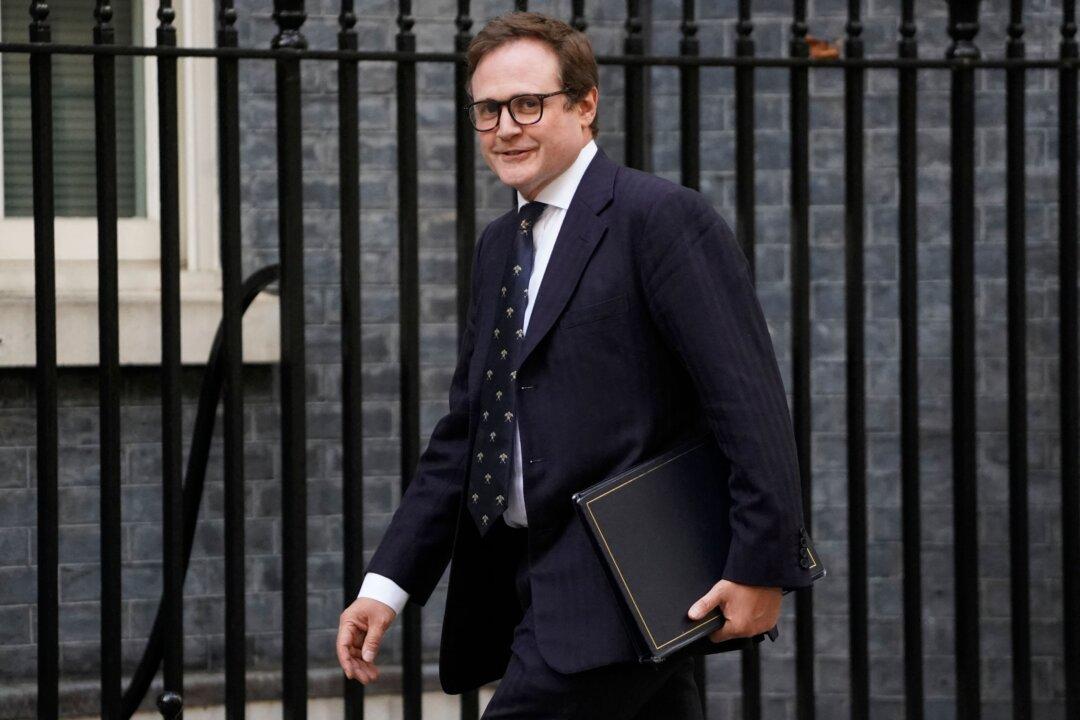Security minister Tom Tugendhat has said the “bigotry of low expectations” may be to blame for under-reporting of concerns about Islamist extremism to the UK government’s Prevent programme.
Tugendhat told Parliament’s Home Affairs Select Committee on Wednesday that a kind of “soft bigotry” is enabling tolerance for Islamist extremism “in a way that there quite rightly shouldn’t be for extreme right-wing extremism.”





